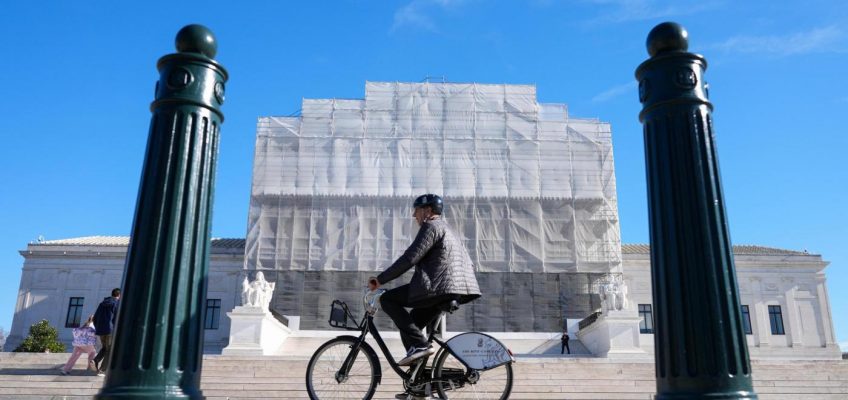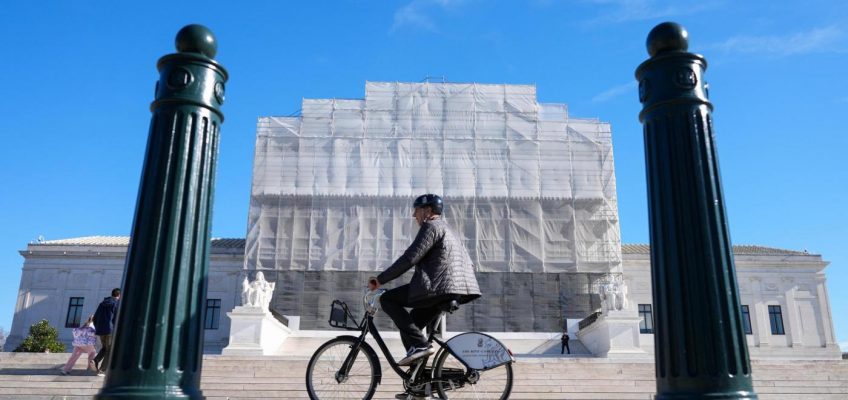After one game, the Frost are still trying to figure out how their altered lineup will come together for defense of their second PWHL title in as many seasons.
After a 2-1 loss to the Toronto Sceptres in their opener last week, they’re just a little bit closer to the answer that will unfold over a 30-game season.
“Whether it was players playing in their first game of Season 3 or their first PWHL game, I think we all gained a lot of experience that night that we’re going to be taking forward,” team captain Kendall Coyne Schofield said following Tuesday’s practice at TRIA Rink.
More of a mystery is Minnesota’s next opponent.
The Frost start a two-game road trip Friday in Seattle, where one of two PWHL expansion teams is beginning play. The Torrent are 0-0-1 after a 4-3 loss to the other expansion team, the Vancouver Goldeneyes, on Nov. 22.
Eighteen of the Torrent’s 26 players were playing in the PWHL last season, but the coaching staff — led by first-year head coach Steve O’Rourke — is new to the league, making this a learning opportunity for both sides.
“We’ll kind of see how they’re being coached. We’re not really sure the style they’re going to want to play,” Frost head coach Ken Klee said. “We know they have a talented roster. It will be interesting to see how they manage their assets and how they’re going to play.”
Old teammate Brooke Bryant, who helped win both of Minnesota’s Walter Cups, is a forward on the team, as is Hilary Knight, a finalist for forward of the year last season with the Boston Fleet. One is even more familiar: Seattle blue liner Emily Zumwinkle is the sister of Frost forward Grace Zumwinkle.
“An expansion franchise, but I think there’s a lot of familiar faces,” Coyne Schofield said. “But our approach doesn’t change. It’s going to be a new building. Obviously, a new fan base, from what we know already, is blossoming.”
The Frost were hoping for a better outcome against Toronto, a team they had knocked out of the postseason in the league’s first two seasons, but Klee said he was generally pleased with what he saw, noting that his staff had the Frost with 21 scoring chances to the Sceptres’ eight.
“Usually, when you outchance a team 2-1, you end up on the right side with shots and everything else,” he said. “We have to keep up the little things.”
After Friday’s game, the Frost will move on to Ottawa, where they will play in a rematch of last season’s PWHL finals teams on Tuesday night.
Related Articles
Frost celebrate championship but lose season opener to Sceptres
PWHL: Frost take first aim at third title on Friday
Frost wrap up Britta Curl-Salemme for two more years
PWHL champion Frost announced 2025-26 schedule




